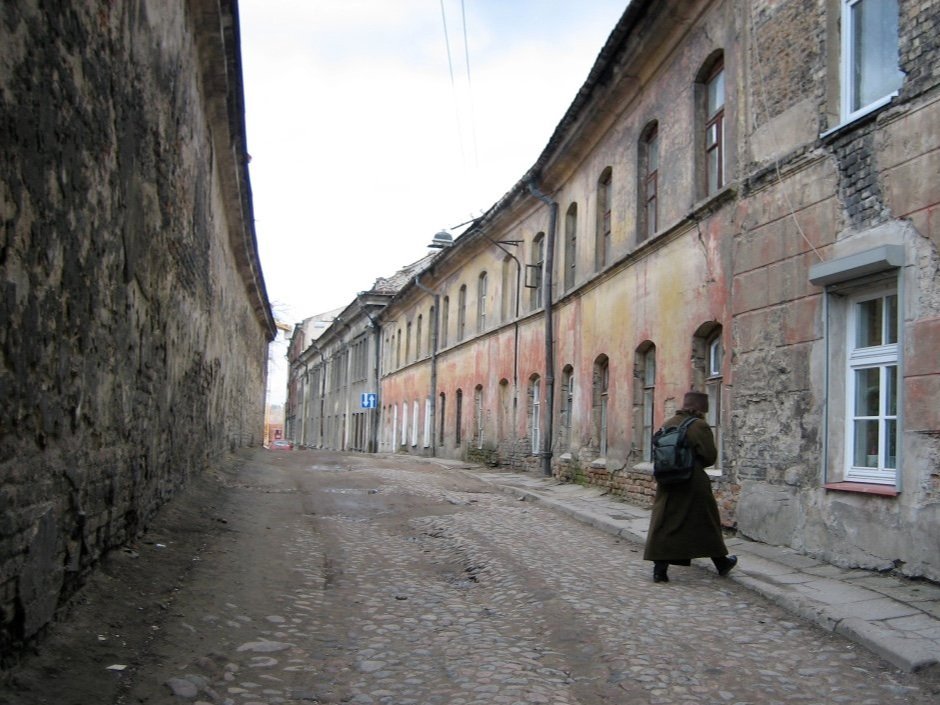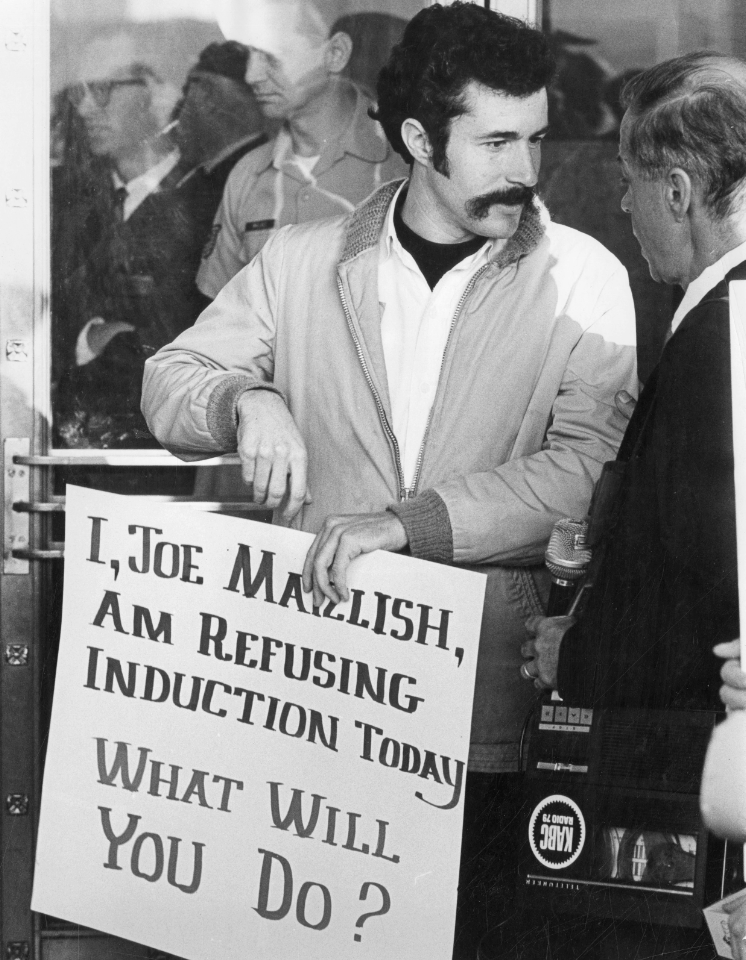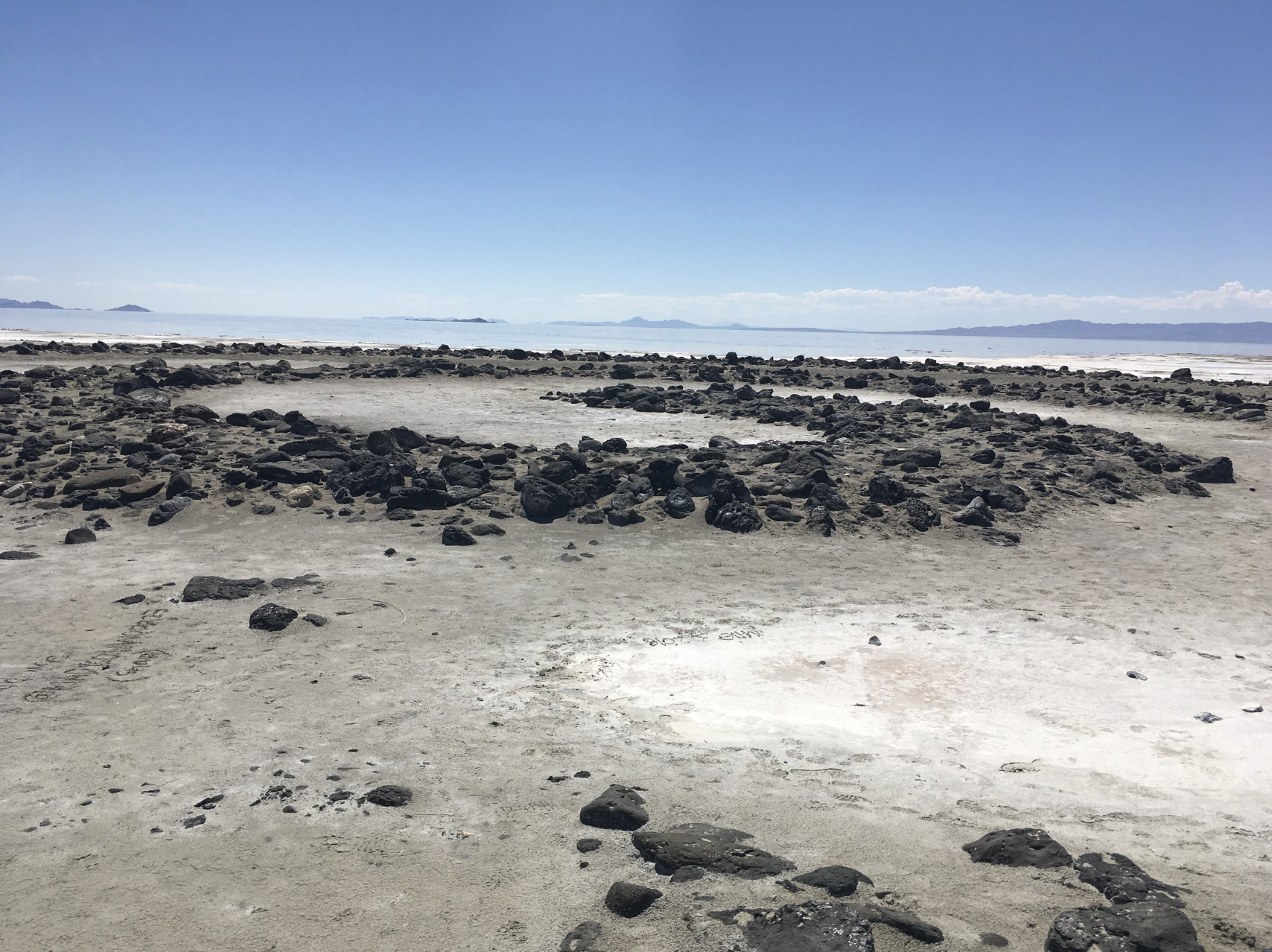
The Crooked Mirror l Louise Steinman’s Blog
Journeys within and beyond
Search my blog posts

Krzywe Lustro: all art is translation
I'd almost given up on the idea of a Polish translation of my book, The Crooked Mirror (published by Beacon Press in 2013.) But I know some stubborn (read, perseverant, optimistic) people, like the gifted translator Dorota Golebiewska, who decided she'd get to work and translate the book on her own. Who was determined to find the right Polish publisher for the work. And she did. And Rabbi Haim Beliak, who was also determined that the book be translated as part of the work of his organization, Beit Polska, Jewish Renewal in Poland. Dorota connected with the estimable Polish publisher, KARTA, which was founded in Warsaw in 1982 as an underground publication focusing on political commentaries; and which, after a few months, was transformed into an "independent almanac" presenting human attitudes towards dictatorship. The team at KARTA were a delight to work with—editor, researcher, designer. They included in this edition thirty pages of photographs. I wrote a new foreword, Marek Jezowski of Beit Polska wrote a thoughtful afterword: "Fortunately, the Polish-Jewish conversation continues to take place, and as Louise Steinman's book, among others, makes clear, the list of conditions precedent for it occurring is short. Essentially, all that is required is for someone on one side or the other to demonstrate their willingness to understand: to listen with genuine mindfulness and sincere interest."

Silent Witnesses (at the Noah Purifoy Foundation)
April 9, 2021. In Piper’s garden. Joshua Tree. Yesterday a visitation from a woodpecker in the palo Verde. Doves cooing. Ebullition of Lady Banksia roses, tiny yellows cascading over a white wall. Fat black bees dipping into the fragrant drooping wisteria. Orange koi darting in the green brine under magenta lily pads, a paddle of cactus, seeking shade from the desert sun. I’m dancing in the garden to Michele Shocked, “Quality of Mercy,” from the film, Deadman Walking. Where is mercy? Where is its quality not strained?
I’ve been watching the Chauvin trial in “homeopathic” doses, as one friend calls it. Chauvin’s lawyer parsing whether Floyd died of asphyxia or if his heart condition or fentanyl contributed to his death, when we already know, we can see , the experts have confirmed: this man was murdered. Anyone would be dead after being shoved face down for 9 and a half minutes, chest compressed, knee on the back of the neck. That Floyd struggled to raise himself with his knuckles, with his chin. Did they really dare insinuate that a man saying, “I can’t breathe” is a sign of resisting arrest? did they really have the audacity to claim that? Yes they did. Indeed they did.


Unclaimed, Unforgotten
Pouring rain this morning, as I set out for the Los Angeles County Crematory and Cemetery , next to Evergreen Cemetery in East L.A. for the annual ceremony honoring the unclaimed dead. Some of the 1457 unclaimed have no names; others have family too poor to afford the mortuary fees. Some of them have no family. Veterans. Stillborn babies. Homeless women and homeless men. Elderly. Young. I’d imagined there would only be a few people at the ceremony, but it was crowded under the blue awning, and water came through the cracks.
![Welcome the Stranger: An urban installation for social engagement [Lublin, Poland]](https://images.squarespace-cdn.com/content/v1/63f5338a0fb0342f12db2636/1679860080727-LHZ35ZJH1TNJ5TD0OBUV/image-asset.jpeg)
Welcome the Stranger: An urban installation for social engagement [Lublin, Poland]
It's been an intense and magical week in Lublin, Poland. A Kabbalistic text appears over the archway of the Brama Grodzka; a flamingo is invited to perch in a storks nest high in a poplar tree; the words of Polish veterans from Afghanistan and Iraq are projected on the walls of the cultural center, reminding us of the hospitality that veterans need after the trauma of war. In the passageway of one the crooked streets of the Old Town, the voice of the local poet Jozef Czechowicz— killed in the German bombardment of September, 1939— fills the air... just near the vinyl record shop where they're playing Talking Heads and Miles Davis. And at the Old Well in what is now the bus depot— and was once the Jewish quarter of Lublin— a voice sings forth on the hour with the words of asylum seekers, some from Guatemala, some from Eritrea, Iraq. "I don't even know where this ship is taking me." "I'm sorry cousin, I could not save you."

Sometimes I Feel Like a Motherless Child
What does July 4 feel like to a child in a cage in Clint, TX? To a Salvadoran mother wearing an ankle monitoring device afraid of being deported? How can one celebrate the 4th of July in America? The Statue of Liberty is weeping.

as I take care of the pupil of my eye
I have been corresponding with inmates at Otay Mesa Detention Center, where asylum seekers to the US are being detained. There are detainees from Mexico, Yemen, Iran, Tajikistan, Guatemala, Honduras, Nicaragua, Eritrea, Columbia, and many more countries-- fleeing persecution, rape, gangs, torture, police, threats to family and livelihood. One young man from Congo, has been detained for two YEARS and 28 days. As ICE ratchets up new raids and threatens deportations, please think about these people kept behind bars in a country (once upon a time) predicated on the idea of offering safe harbor to those fleeing persecution.

Time Regained: Reading Józef Czapski in Billings, MT (about Marcel Proust, the Gulag, and reading as salvation)
He carried with him to Moscow letters of introduction from General Anders to the most influential people in Stalin’s inner circle. After waiting for many days at the Hotel Metropole, he was finally summoned to a waiting room at the notorious Lubyanka building, the headquarters of the Soviet secret police, where he was met by a “well-fed official” in a gray lambskin hat and collar who “looked a bit like Chichikov from Gogol’s Dead Souls.”

Resister in Sanctuary: We Won't Go
But what sends my memory into overdrive is RESISTER IN SANCTUARY, in bold black letters across a legal size flyer. It’s a manifesto written by Gregory Nelson, then nineteen years old and briefly my high school sweetheart. Greg had openly refused to register a year earlier, as required by law, when he turned eighteen. In the fall of 1968, he asked the minister and congregation of Grace Episcopal Church in South Los Angeles to grant him sanctuary, a medieval tradition, for an act of conscience.
